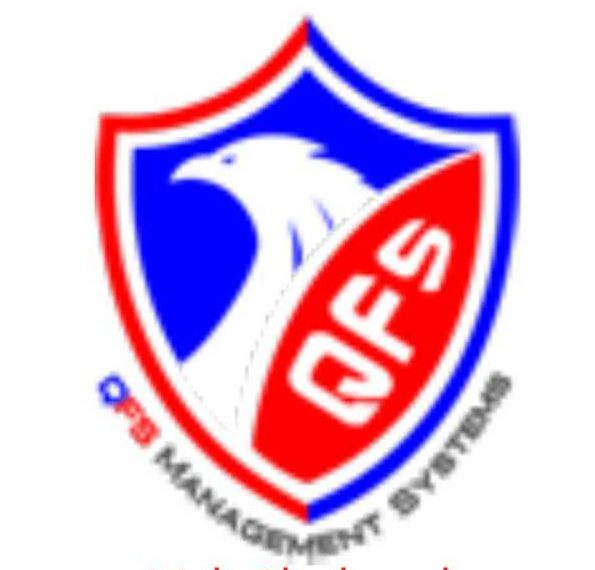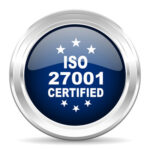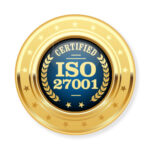ISO 9001 certification is a worldwide standard that outlines how a quality management system should operate should be implemented (QMS). This criterion demonstrates that a business can consistently produce products and services that fulfill the needs of its consumers as well as regulatory requirements. These are the most widely used standard in the ISO 9000 series is the only standard that can be certified.
Who Should use the ISO 9001:2015 Certification Revision?
ISO 9001: 2015 applies to all companies, regardless of size or industry. The ISO 9001 standard criteria have been required for quality management systems by over one million enterprises from over 160 countries. The ISO 9001 standard benefits organizations of all types and sizes by enabling them to:
- Organize their procedures.
- Improve the efficiency of the process
- Improve regularly
As quickly as possible, all ISO 9001-certified companies should update to ISO 9001:2015. It includes not only ISO 9001:2008-certified businesses, but also any businesses that offer training or certification to others. By September 14, 2018, organizations that were registered to ISO 9001:2008 should have transitioned to the 2015 standard.
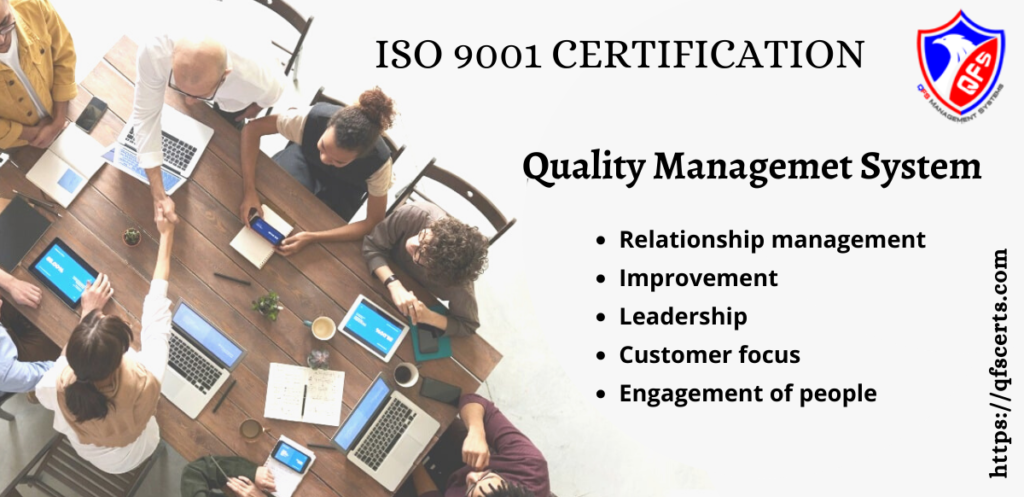
What are the benefits of ISO 9001 Certification?
ISO 9001 assists firms in ensuring that their consumers obtain high-quality products and services on a consistent basis, which has a number of advantages, including satisfied customers, management, and staff. As ISO 9001 sets the requirements for an effective quality management system, companies find that using this standard helps them to:
- Organize a QMS
- Create satisfied customers, management, and employees
- Continually improve their processes
- Save costs
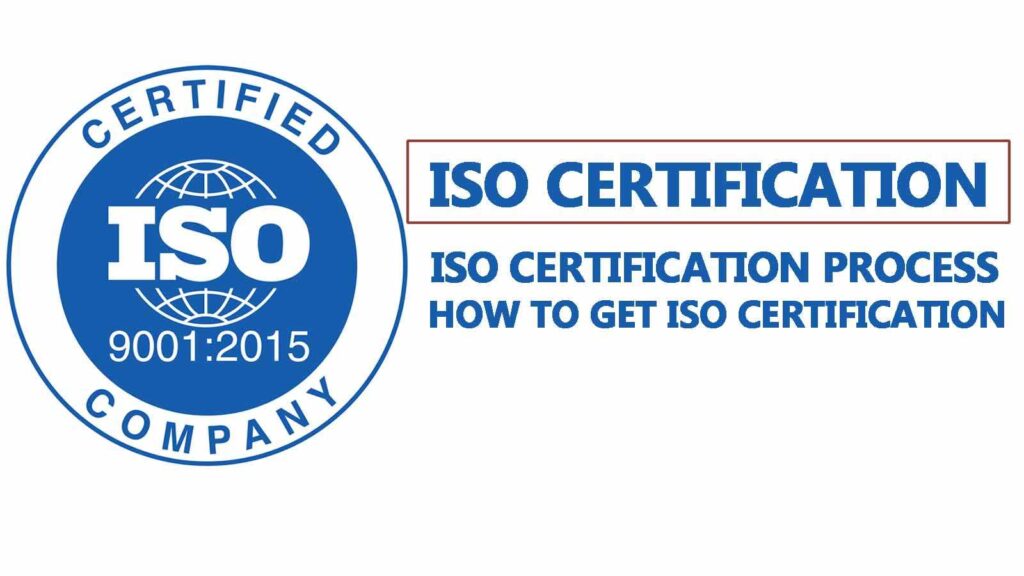
What is covered by ISO 9001 Certification?
ISO 9001 is a method for documenting and assessing a company’s structure, roles, and procedures in order to achieve successful quality management. It follows the plan-do-check-act methodology. Several topics are discussed in depth in certain sections of the standard, including:
- Documented information, planning, and determining process relationships are all requirements for a QMS.
- Management responsibilities
- Management of resources, such as human resources and the working environment of an organization
ISO 9001 was updated in 2015 to guarantee that it remains relevant in the ever-changing corporate environment. Some of the key changes in ISO 9001:2015 are as follows:
- The introduction of new terminology
- Restructuring some of the information
- An emphasis on risk-based thinking to enhance the application of the process approach
- Improved applicability for services
- Increased leadership requirements
